Life in Abesan carries a unique pulse that blends familiarity with growth. The neighborhood thrives on a strong sense of community, where warmth and friendliness among neighbors are ever-present. With about 75% of residents being long-timers and a rising number of new families moving in, there’s a natural mix of old-school connection and new-age energy. The social and religious scenes are vibrant, with churches and mosques contributing to about 88% of active community life.
Strategically located, Abesan connects easily to major hubs in Alimosho such as Iyana Ipaja, Egbeda, Igando, and even further out to Badagry. Public transport is easily accessible—whether you’re hopping on a bus, taking a keke napep, or catching a quick okada ride. The area is conveniently close to schools, markets, and hospitals, with proximity and access rated around 89%.
Commerce in Abesan is bustling. From the everyday hustle at local spots like Abesan Retail Market, Ipaja Market, and Egbeda Market, to the mobile vendors and roadside hawkers serving everything from fruits to home essentials, the area is full of business. A wave of small-scale businesses and digital entrepreneurs is rising steadily, taking advantage of a community eager to support its own.
Culturally, Abesan is rich with Yoruba tradition while embracing a variety of Nigerian tribes. Residents often switch between Yoruba, English, and local dialects. Naming ceremonies, cultural festivals, and religious events are part of the everyday lifestyle. The food scene is filled with favorites like amala, suya, and other native delicacies, along with street snacks that fuel daily life.
Life in Abesan carries a unique pulse that blends familiarity with growth. The neighborhood thrives on a strong sense of community, where warmth and friendliness among neighbors are ever-present. With about 75% of residents being long-timers and a rising number of new families moving in, there’s a natural mix of old-school connection and new-age energy. The social and religious scenes are vibrant, with churches and mosques contributing to about 88% of active community life.
Strategically located, Abesan connects easily to major hubs in Alimosho such as Iyana Ipaja, Egbeda, Igando, and even further out to Badagry. Public transport is easily accessible—whether you’re hopping on a bus, taking a keke napep, or catching a quick okada ride. The area is conveniently close to schools, markets, and hospitals, with proximity and access rated around 89%.
Commerce in Abesan is bustling. From the everyday hustle at local spots like Abesan Retail Market, Ipaja Market, and Egbeda Market, to the mobile vendors and roadside hawkers serving everything from fruits to home essentials, the area is full of business. A wave of small-scale businesses and digital entrepreneurs is rising steadily, taking advantage of a community eager to support its own.
Culturally, Abesan is rich with Yoruba tradition while embracing a variety of Nigerian tribes. Residents often switch between Yoruba, English, and local dialects. Naming ceremonies, cultural festivals, and religious events are part of the everyday lifestyle. The food scene is filled with favorites like amala, suya, and other native delicacies, along with street snacks that fuel daily life.
The lifestyle here is grounded yet energetic. You’ll find kids playing on football fields, youths flocking to viewing centers during match days, and people socializing at local pubs, lounges, salons, and eateries. There’s an increasing interest in organizing community-centered events, and that spirit of togetherness is deeply felt.
In terms of security, Abesan is relatively calm. While armed robbery is rare, there are occasional incidents involving petty thieves targeting mobile devices and small gadgets. Residents are cautious, and neighborhood watch initiatives are growing stronger.
The youth population is large and promising. Many are students, job seekers, or hidden creative talents waiting for the right opportunity to shine. This untapped energy makes Abesan a place with serious potential.
However, like many urban neighborhoods, Abesan faces its share of challenges. Waste disposal is inconsistent, and the roads often become difficult to navigate during the rainy season. Electricity supply is mostly steady but not without occasional fluctuations. The need for infrastructural upgrades—especially in roads, street lighting, and public facilities—remains a concern voiced by many residents.
Despite these challenges, the future of Abesan looks bright. Real estate interest is picking up, and digital platforms like Abesan Hub are creating avenues for locals to connect, grow their businesses, and build a stronger sense of unity. It’s not just a neighborhood—it’s a growing, living hub of potential.

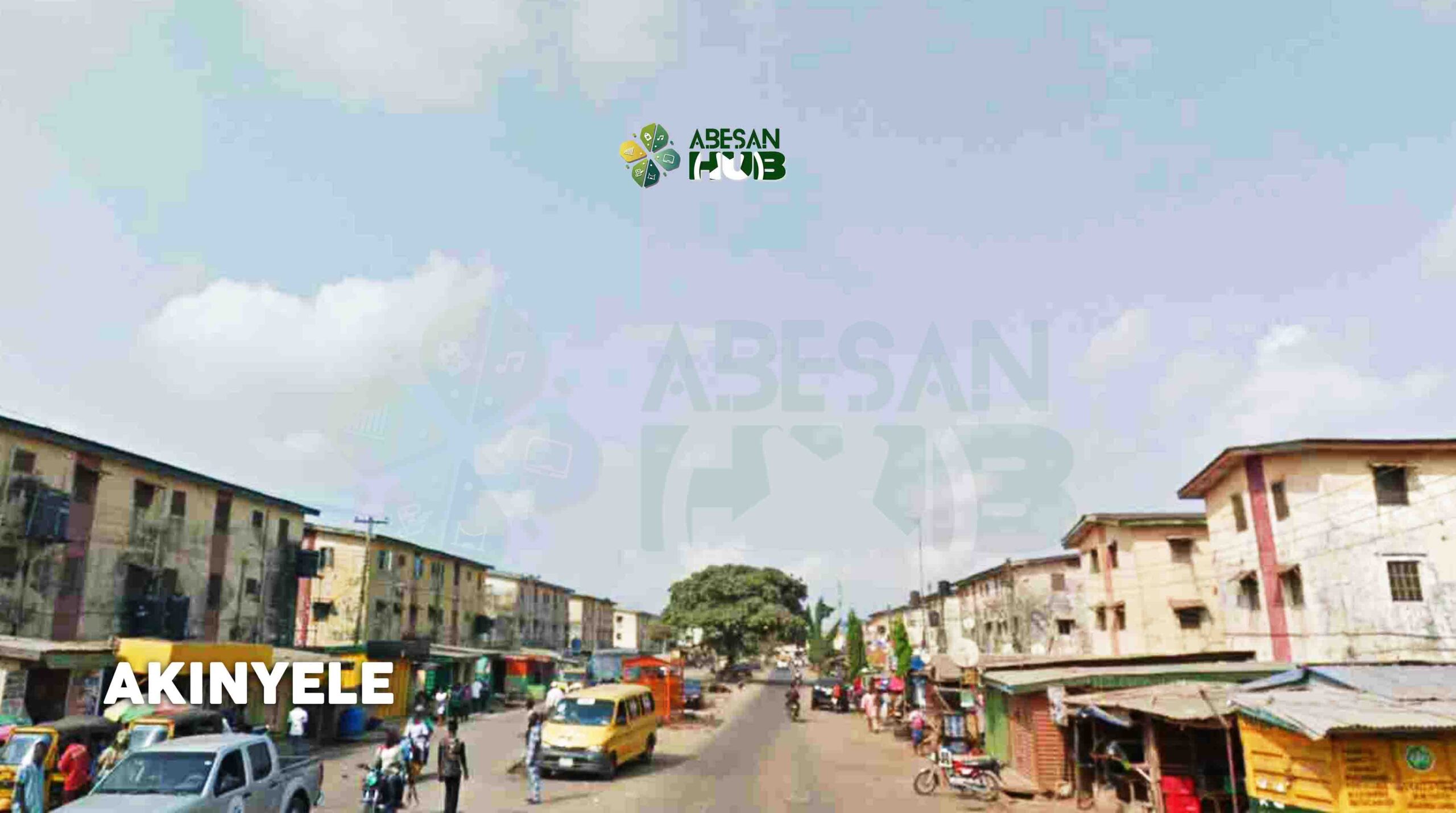
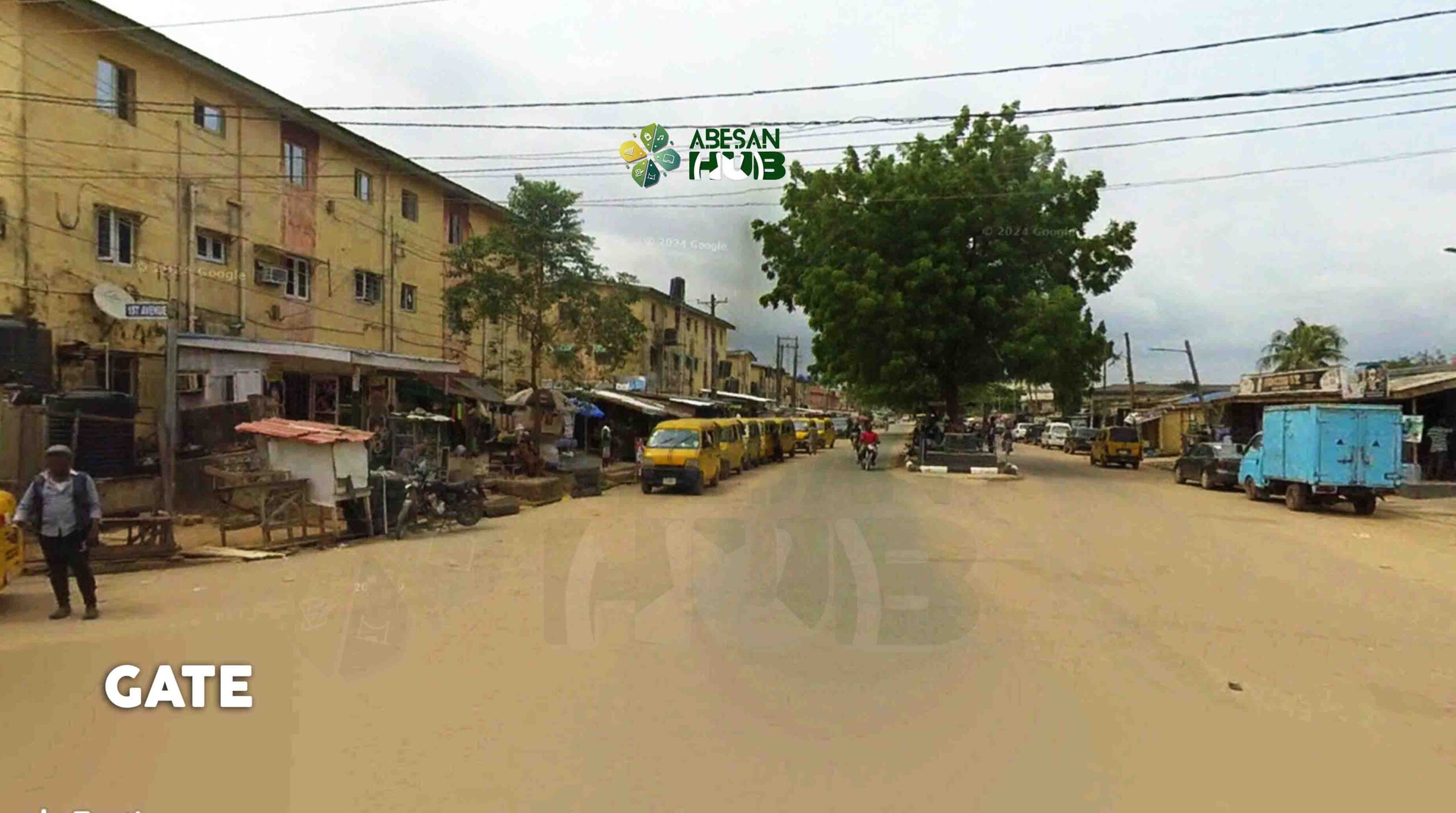
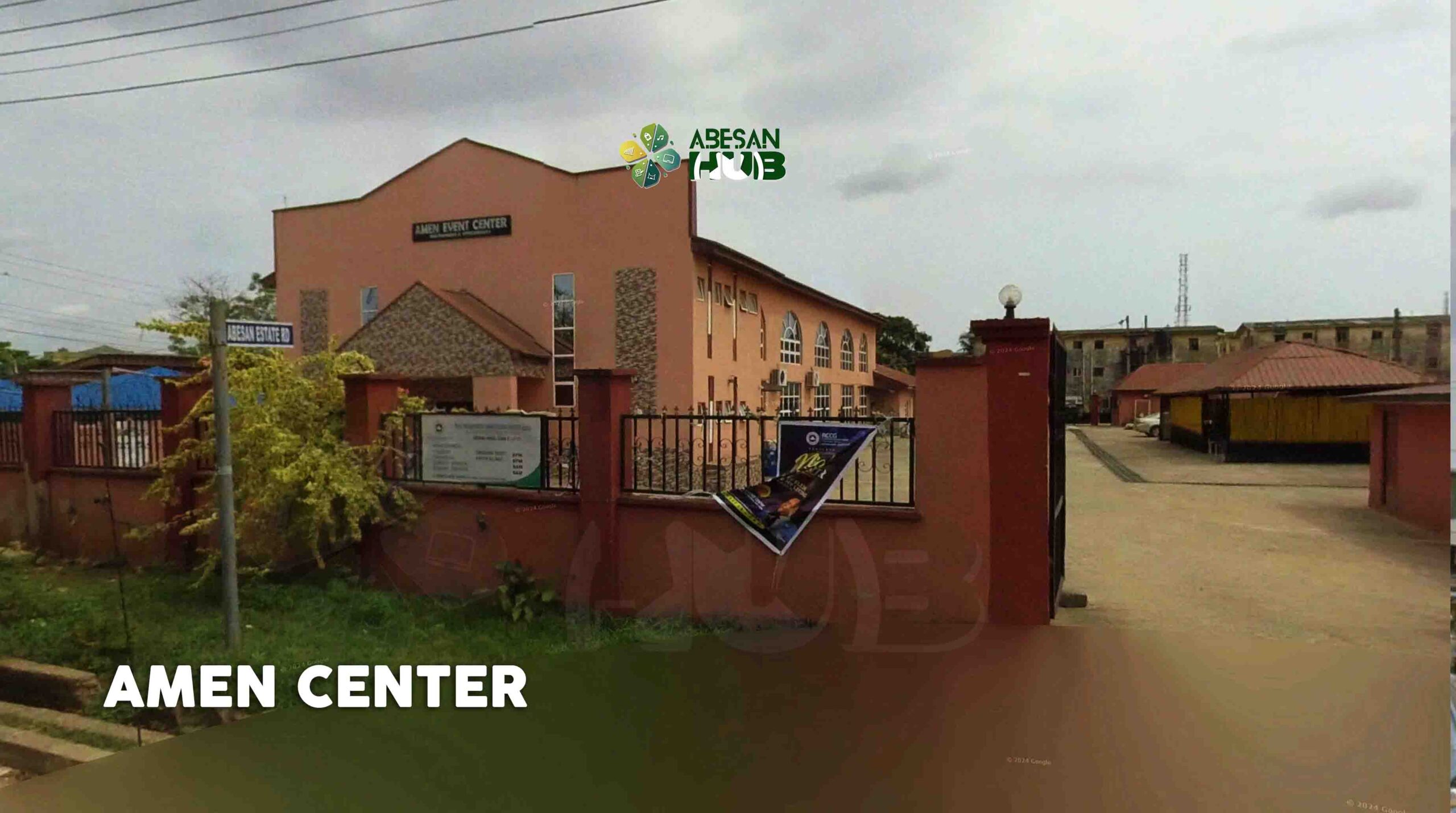
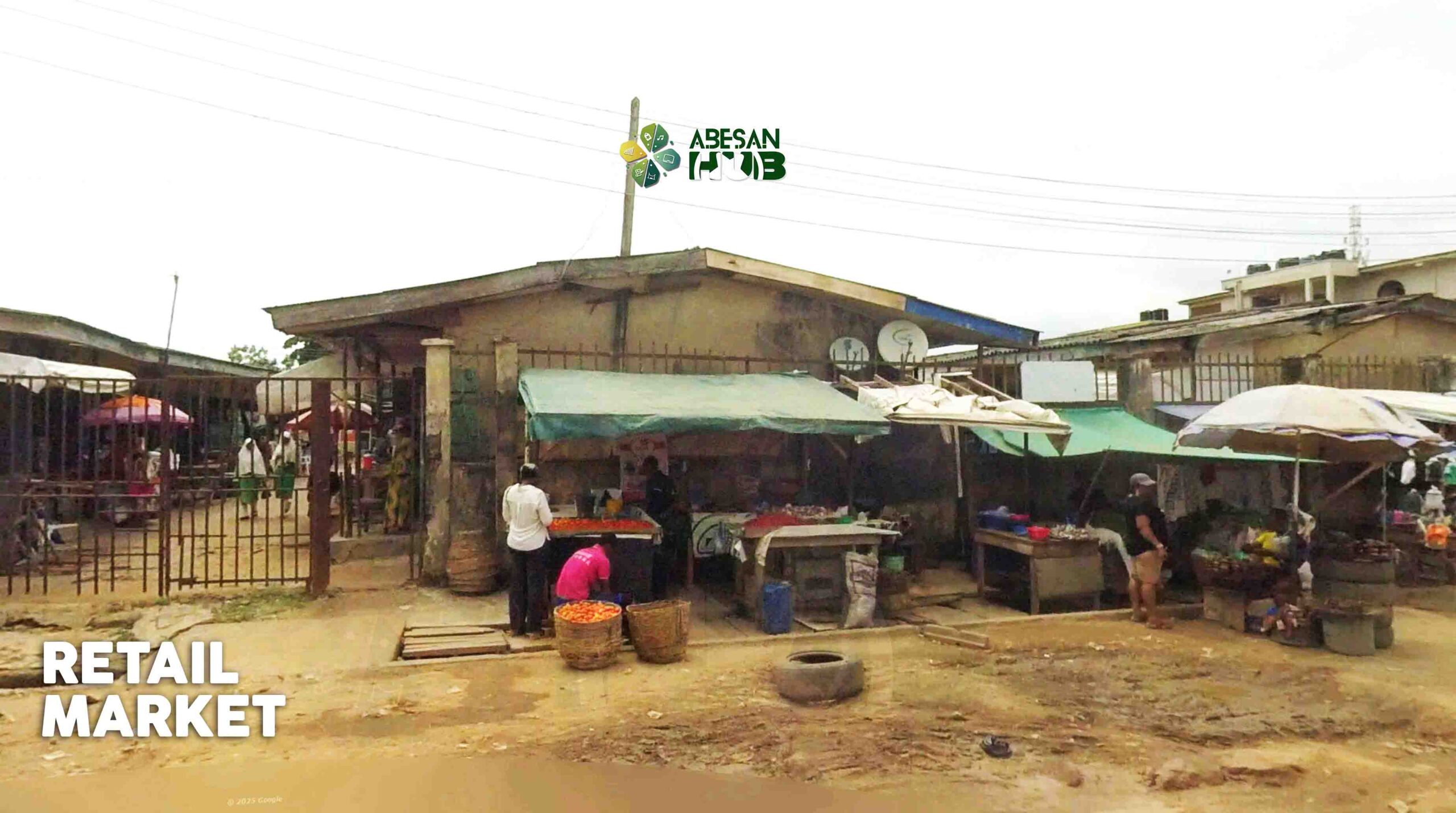
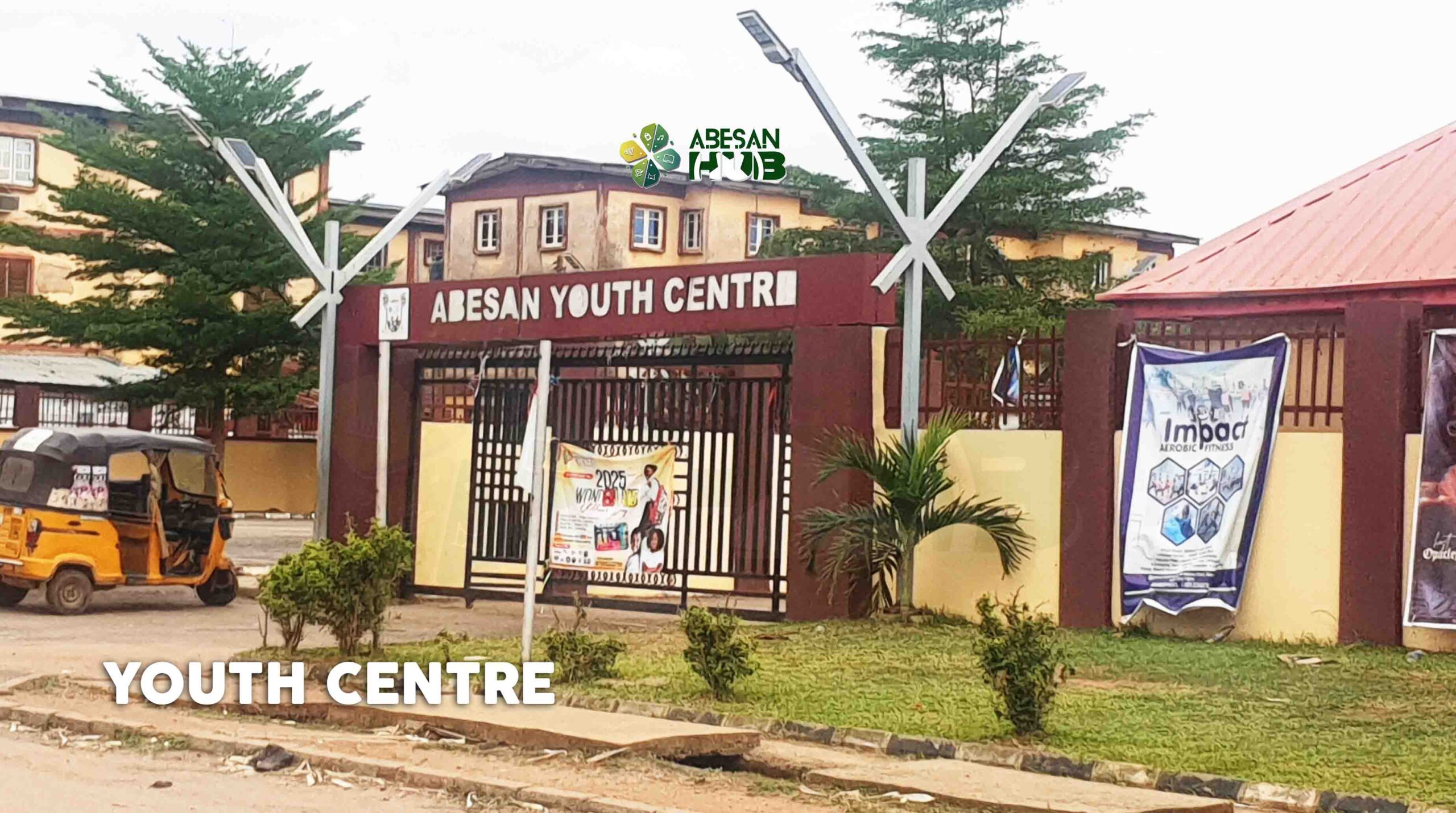
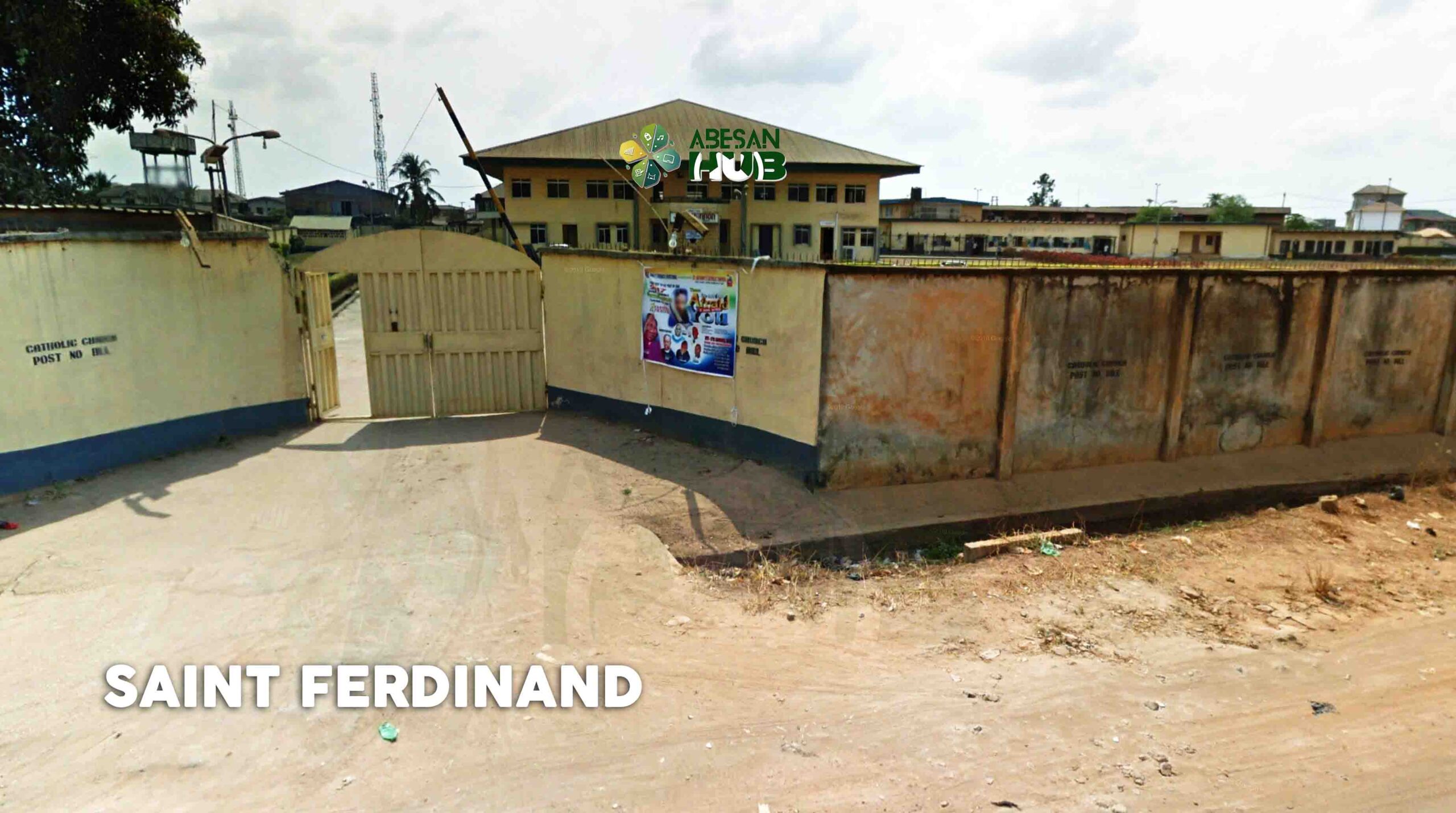
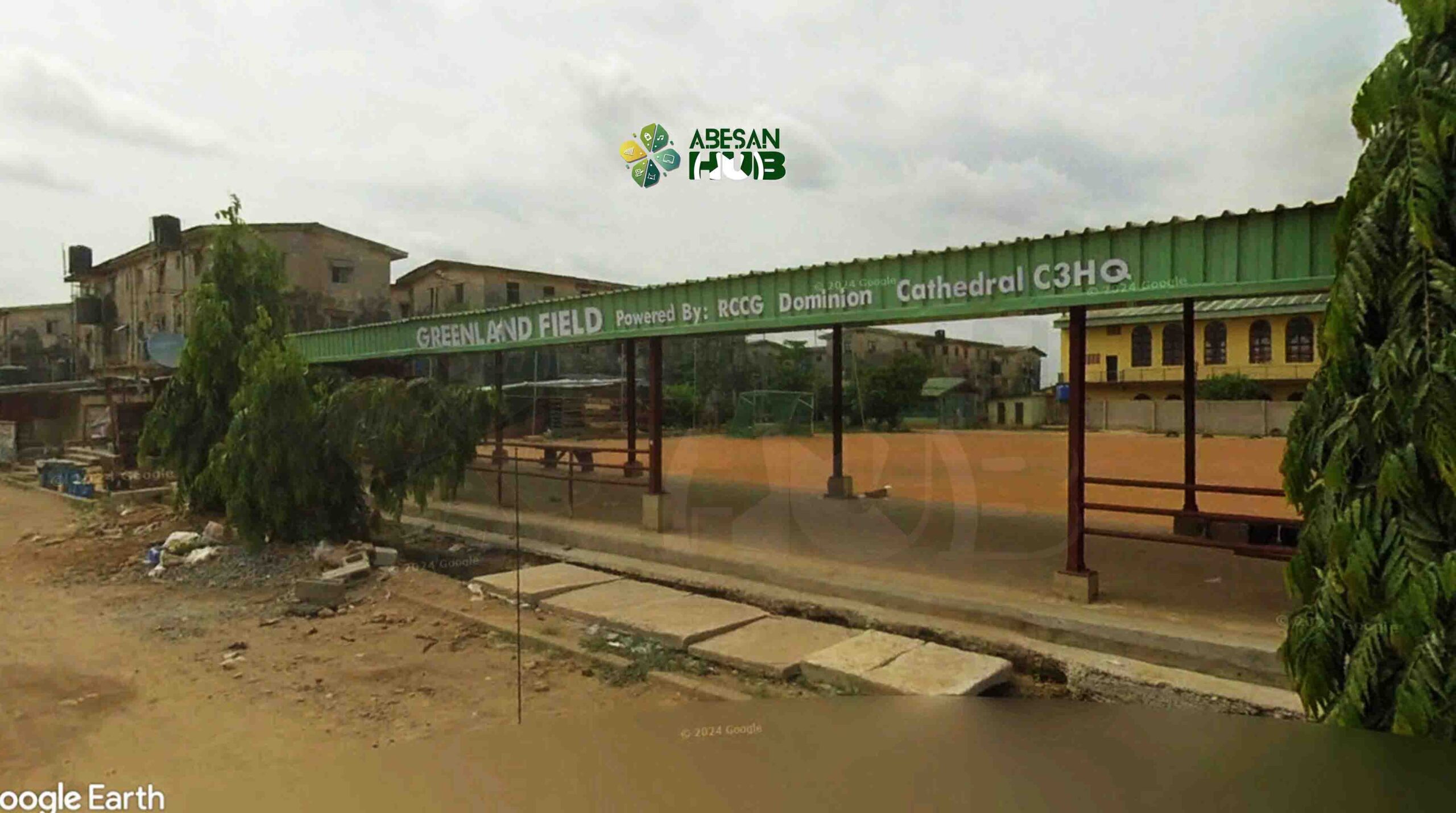
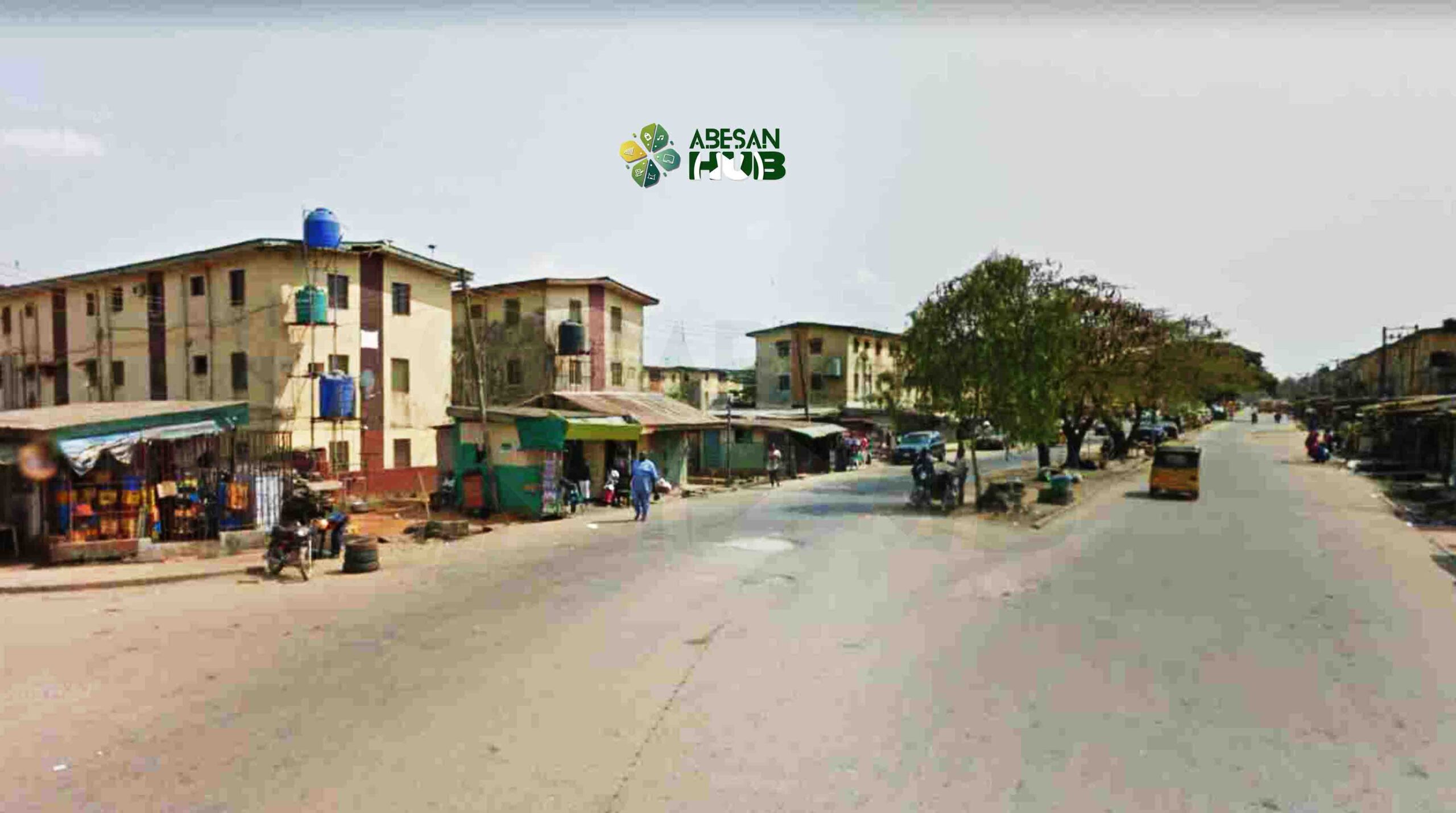
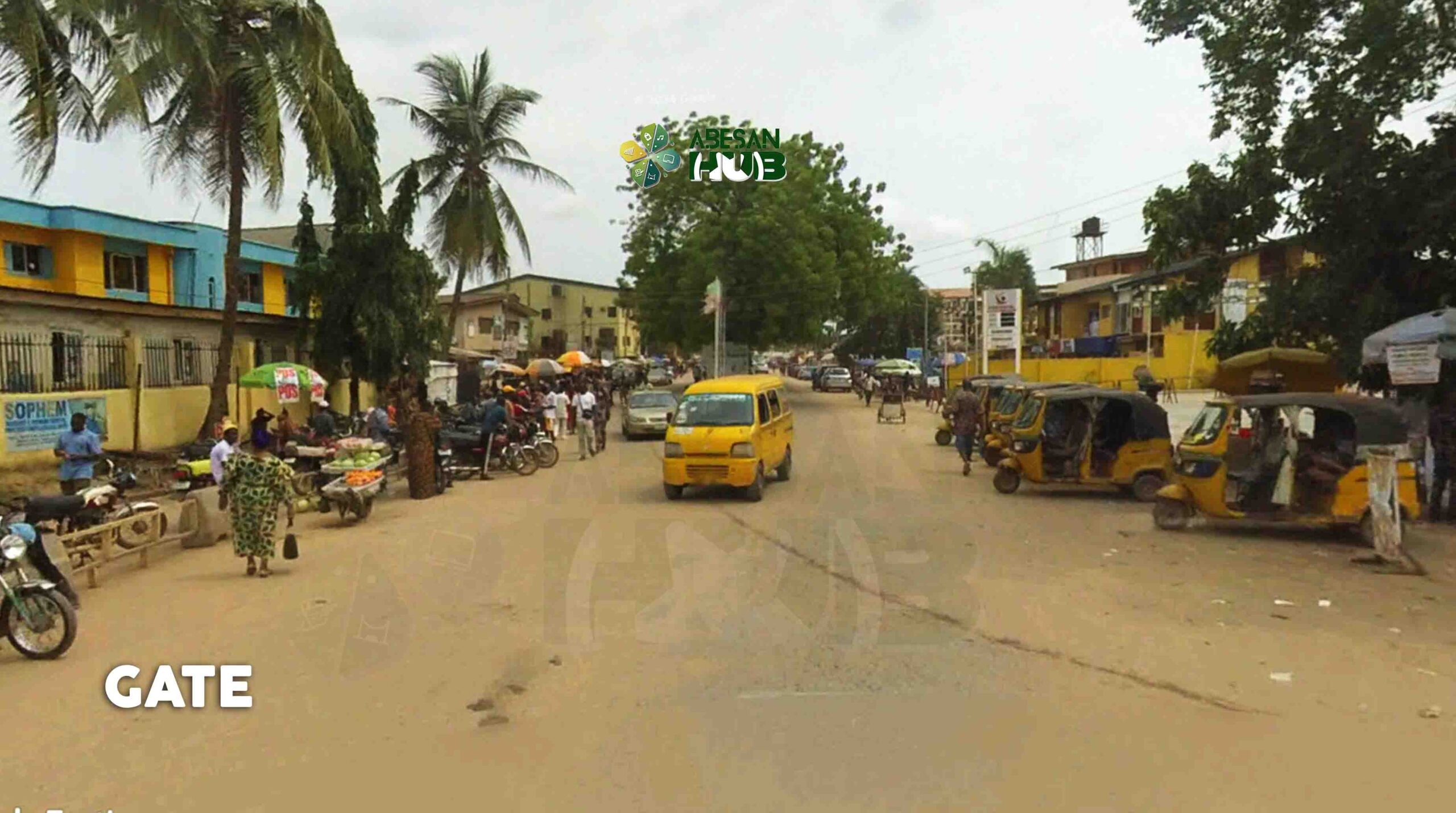
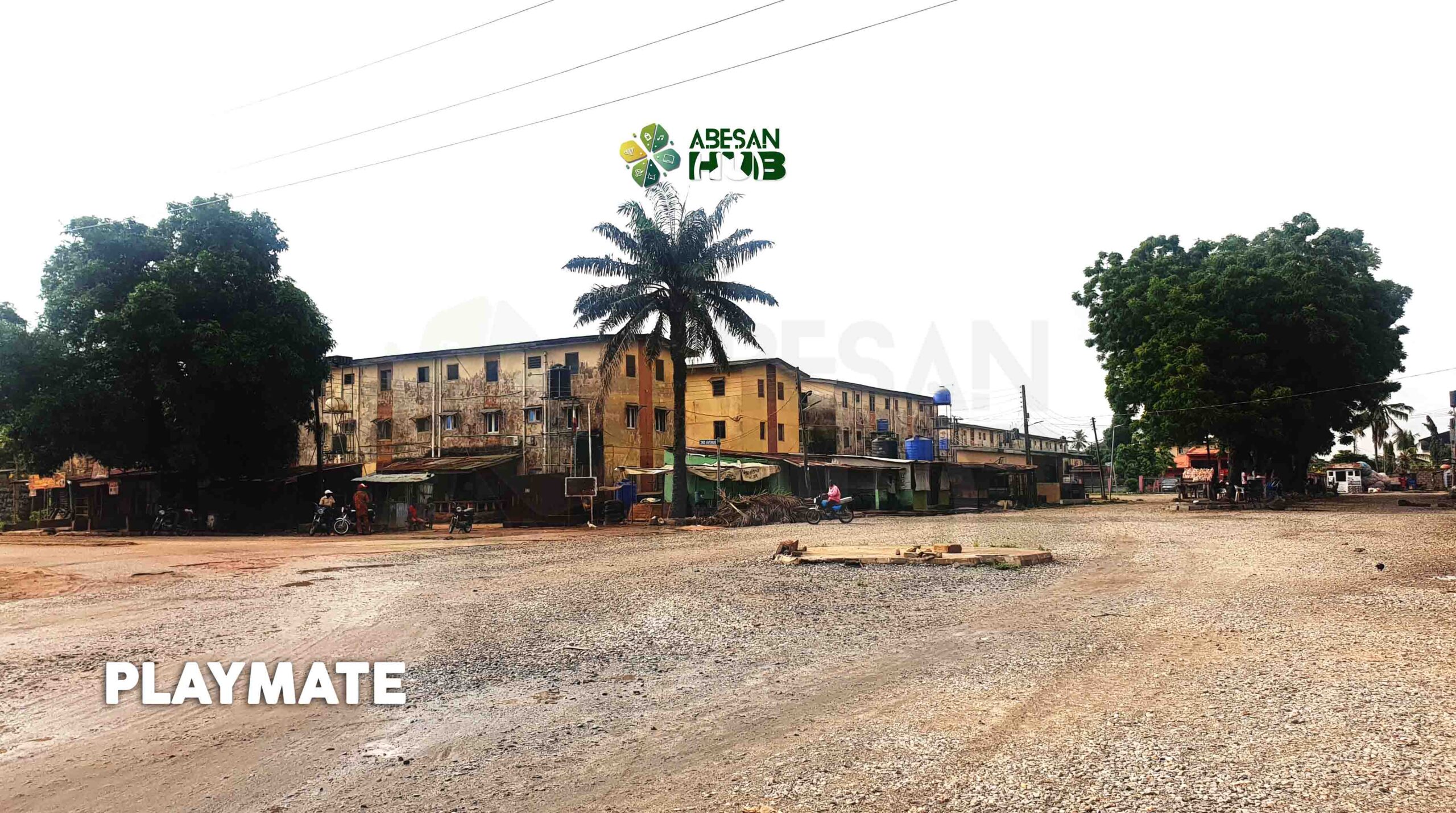

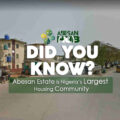



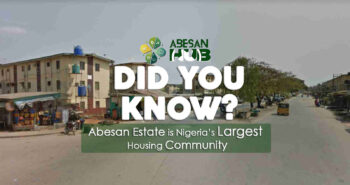
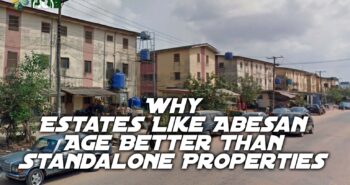



Beautiful